Why Support Inclusive Arts?: with Fundraising Assistant, Shania Selvendran
We sat down for a chat with Fundraising Assistant, Shania Selvendran, to talk about her time with the company this year. In this blog, Shania lifts the lid on why supporting inclusive arts is vital now more than ever, paving the way for a thriving creative sector where everyone holds the power to make change.
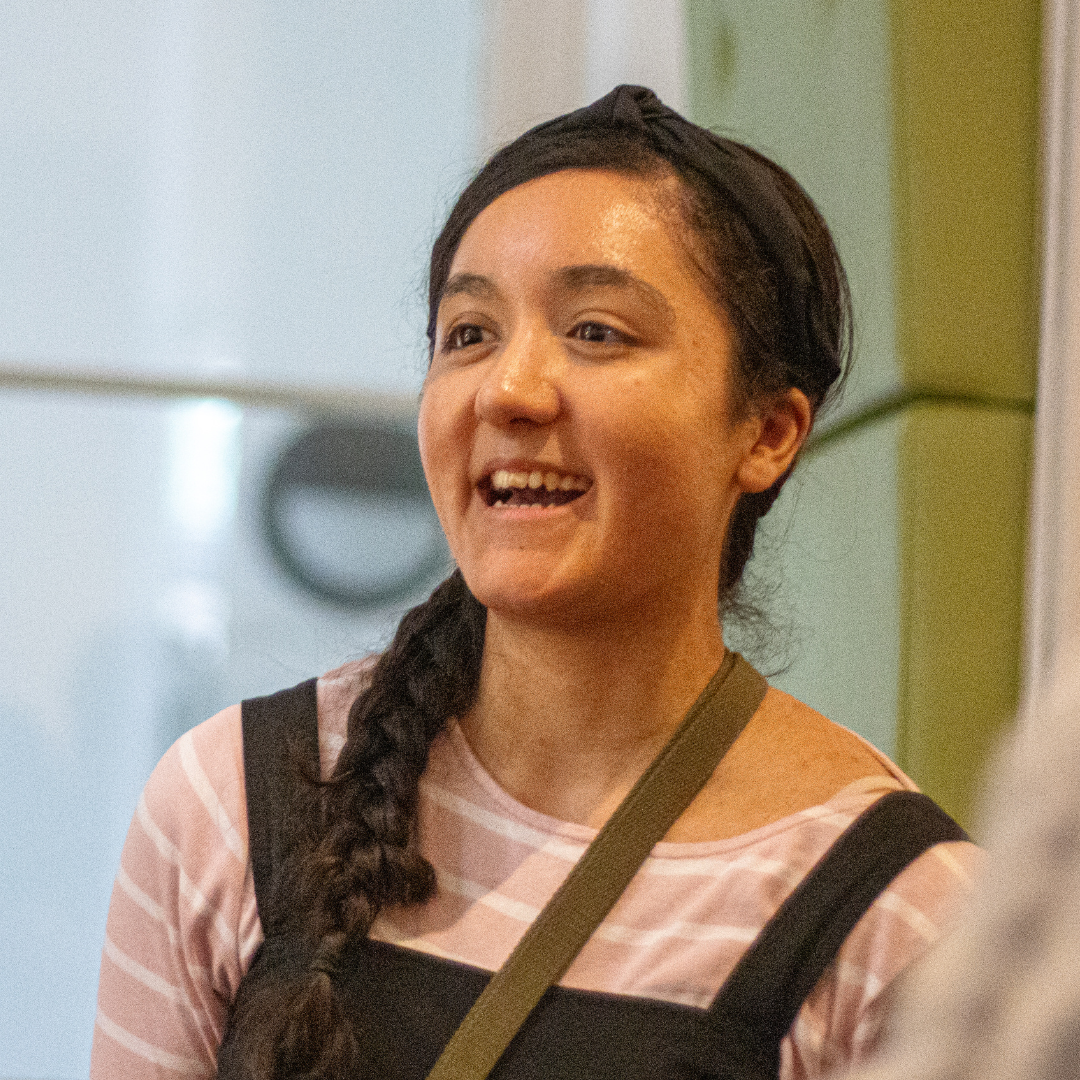
Let’s get straight into it! Why do you think supporting inclusive arts matters?
Creativity is a human right. The act of supporting inclusive arts in today’s world matters more than ever: to reclaim spaces; to disrupt assumptions placed on marginalised communities; to better address the inequalities echoed in society from a radical new perspective.
One of the major obstacles is the huge gaps in public funding. The pandemic and cost-of-living crisis brought to the fore the lack of high-quality accessible arts experiences available in the UK. While the new government sets out its plans to unlock Britain’s £126 billion creative industries, there is still much more progress that needs to be made in the sector to celebrate disabled voices at the front and centre of the world stage.
By supporting inclusive arts, we can together build the infrastructure that supports a pipeline of extraordinary work that will challenge the world. Experiences that are bold, ever-growing, ever-innovative. Experiences that open up fairer, and equalising, spaces for all.
There is much untapped potential in the private sector too. Individual supporters can play a critical role to invest in the high value growth and sustainability of inclusive arts, now and forever.
What has been your journey into fundraising?
It all started when I hosted my own art fair at the age of 12 to raise money for a local cause… 12 years on, I’ve been bridging a career between the UK arts and charity sector, using fundraising as a catalyst to challenge attitudes, develop inclusion and ignite shared activism. I’ve not looked back since!
I’m also a Board Member with Young Arts Fundraisers – a peer-led professional network led by volunteers with a mission to champion the next generation of early-career fundraisers in the arts, cultural and heritage sectors.
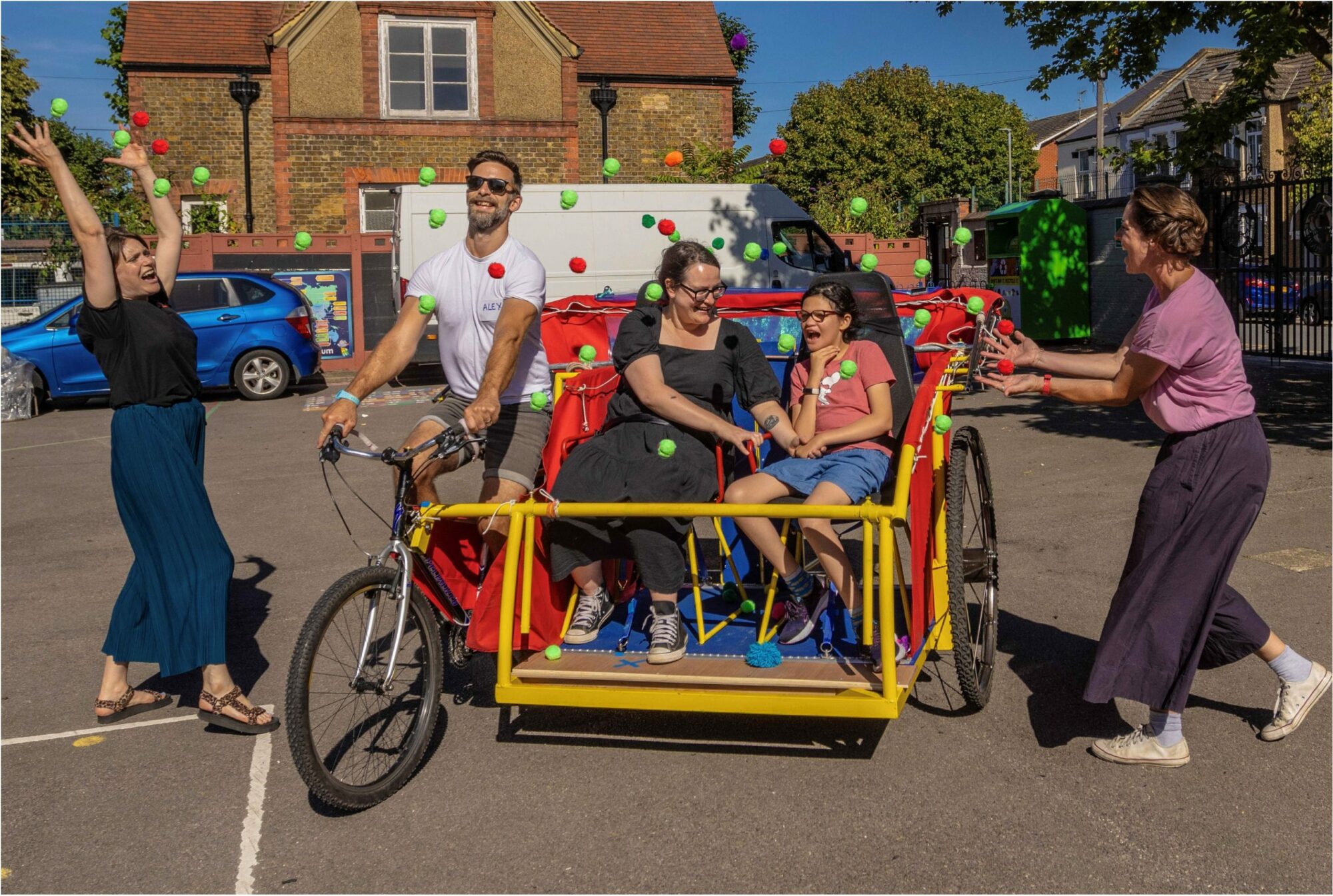
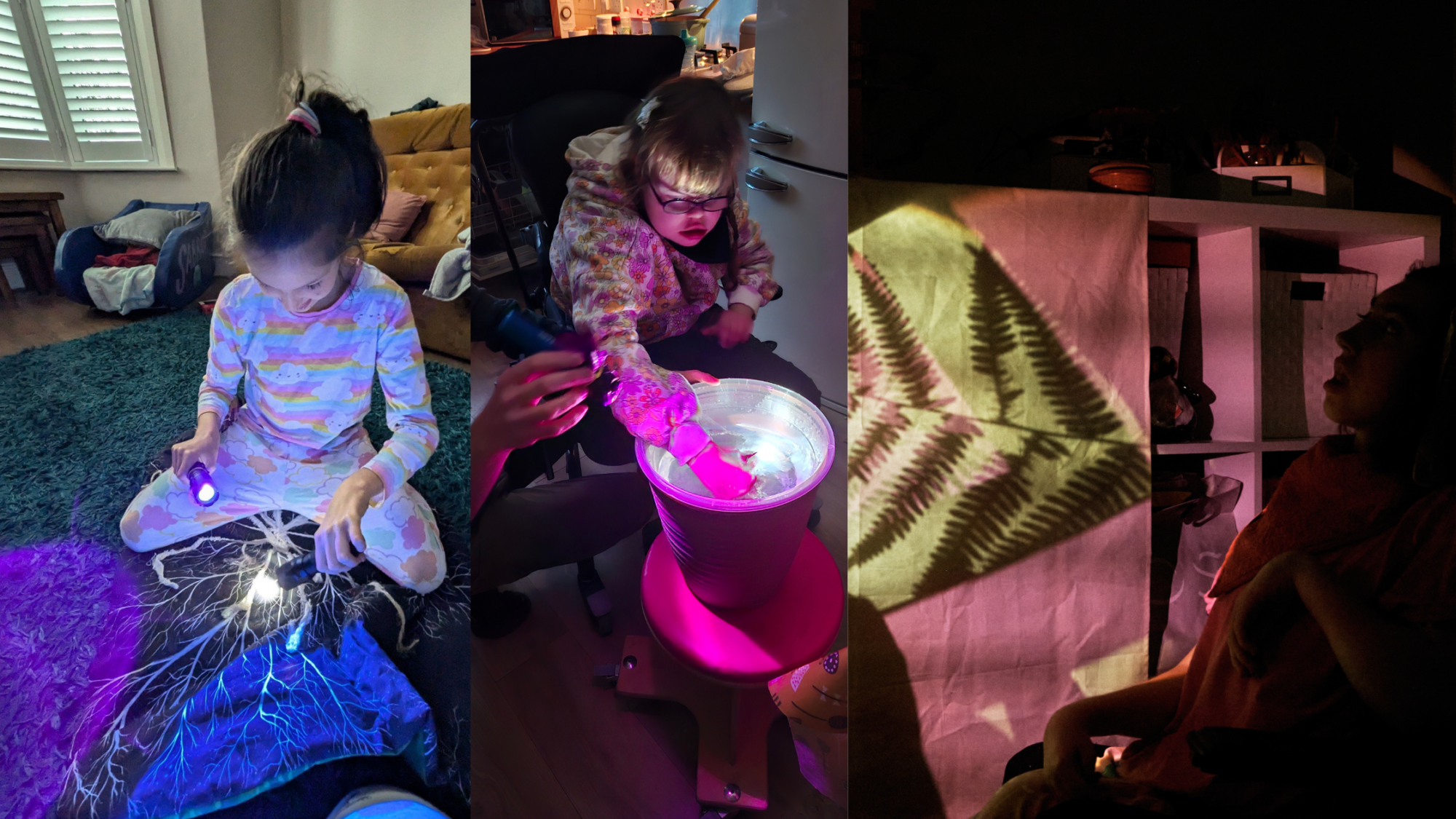
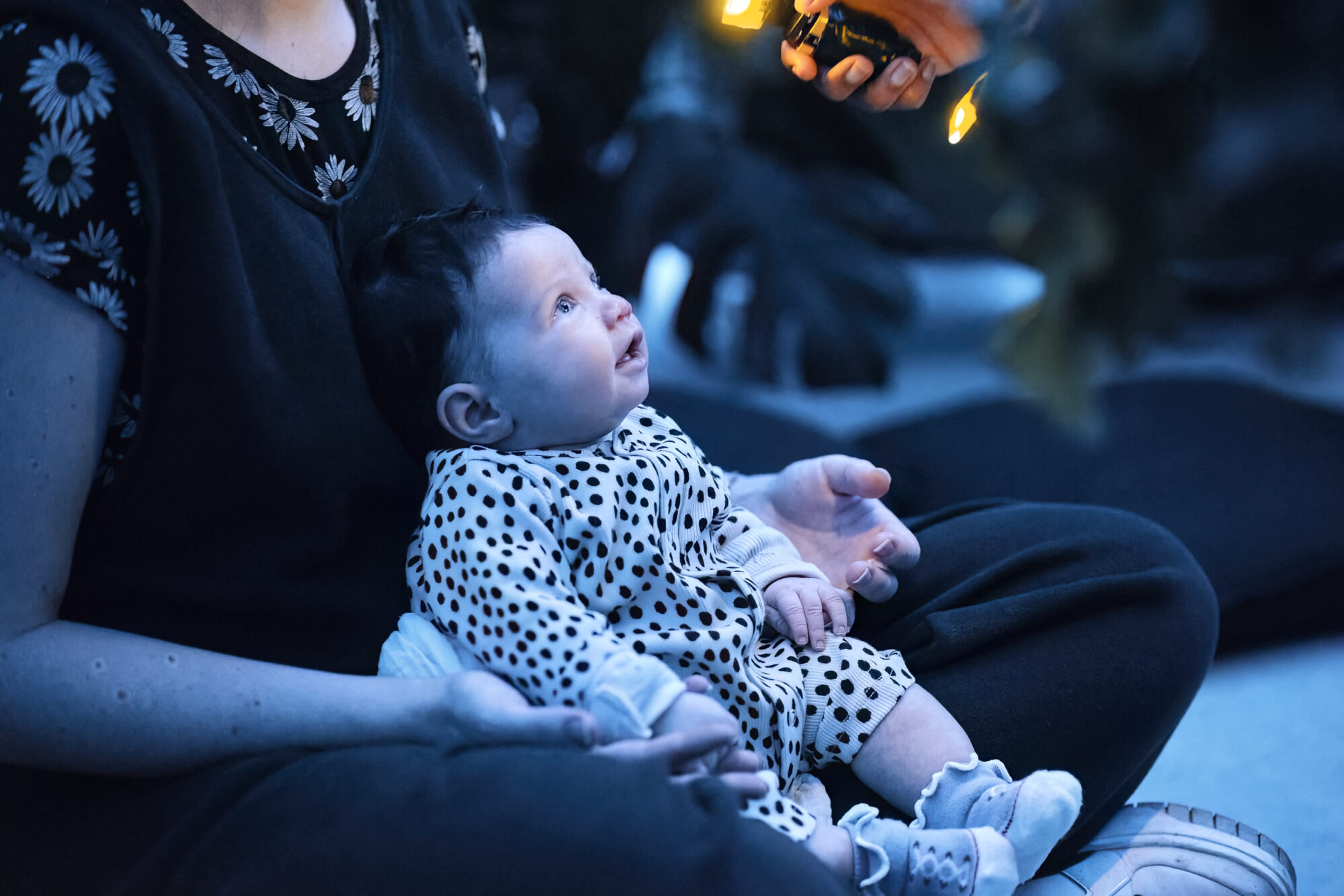
Current projects during Shania’s time with Oily Cart. 1. Our co-production with Ockham’s Razor, JOYRIDE (working title). 2. At Home show, A World Beneath Us 3. Baby show Great Big Tiny World
What does supporting inclusive theatre look like?
Every piece of inclusive theatre has a tiny thread of rebellion in it that binds all of us. Throughout the history of disability rights, leading activists used performances as a form of live protest, to communicate campaigns around identity, visibility, unity, connection and justice. Breaking barriers, their movement (alongside allies and clear public support) changed the law and made extraordinary artworks born out of collective action, igniting a new wave of pioneers within a forward-thinking disability culture.
From my viewpoint (and that of many peers), how companies raise money should always come back to collective action.
What are 3 best practices to think about?
- Through co-production with disabled people, the communities’ voice, influence and power should be at the heart of fundraising efforts – what they want to see happen, how a campaign is run, and how their story is told. This is what I’m calling ‘expanded listening’, where strategic business development is really led by lived experiences, and to see this ripple out towards change.
- We are all a philanthropist*: It is important to note that the idea of being a ‘Supporter’ is not only exclusive to high-net individuals, and becomes part of a bigger strategy. A cake sale, nature trail or even a sponsored run, theatre is better when we are all in this together.
- The true spirit of giving is one where everyone holds the power to change: from one-time donations to major, multi-year gifts, you, I and the rest of society can ignite a big movement that advocates with and alongside inclusive theatre for years to come. An approach whereby every person can contribute to a democratic giving ecology is one that we should fully back.
Is there anything you’ve learnt over the past year that you’d like to share?
The art of being a fundraiser is to always really interrogate, deeply reflect and question what we do and how we do it. A key aspect is how we communicate about lived experiences that might not be our own across all our fundraising efforts.
Everything we do at Oily Cart is guided by the social model of disability. From funding proposals through to grassroots campaigns, the language we use should always come from a place of ownership led by disabled people.
I think, as charity sector professionals, we can all do better through active learning, active training and active responsibility. To review best practices and share failures. To be more responsive to where we can improve, and the decisions we make, today and into the future.
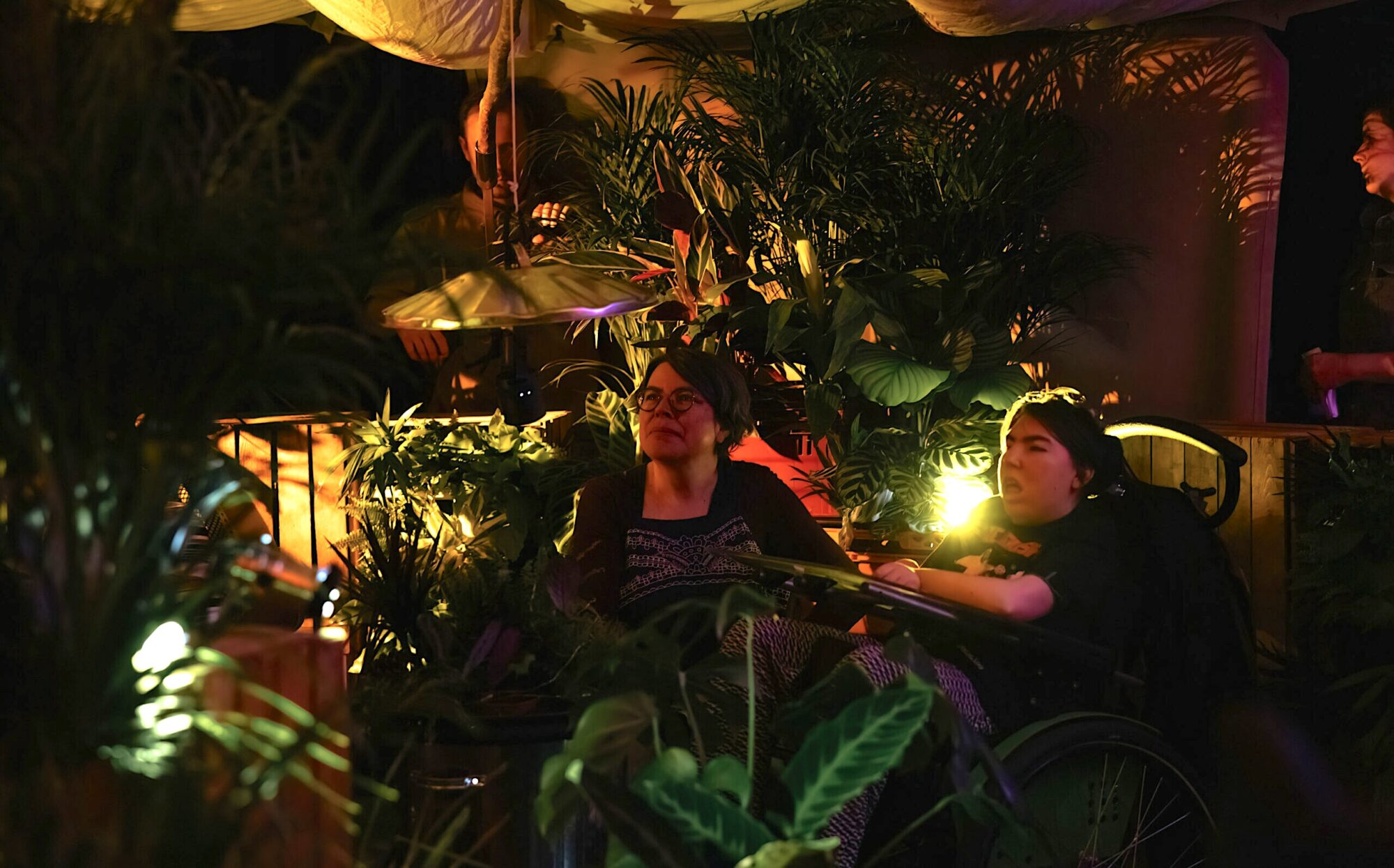
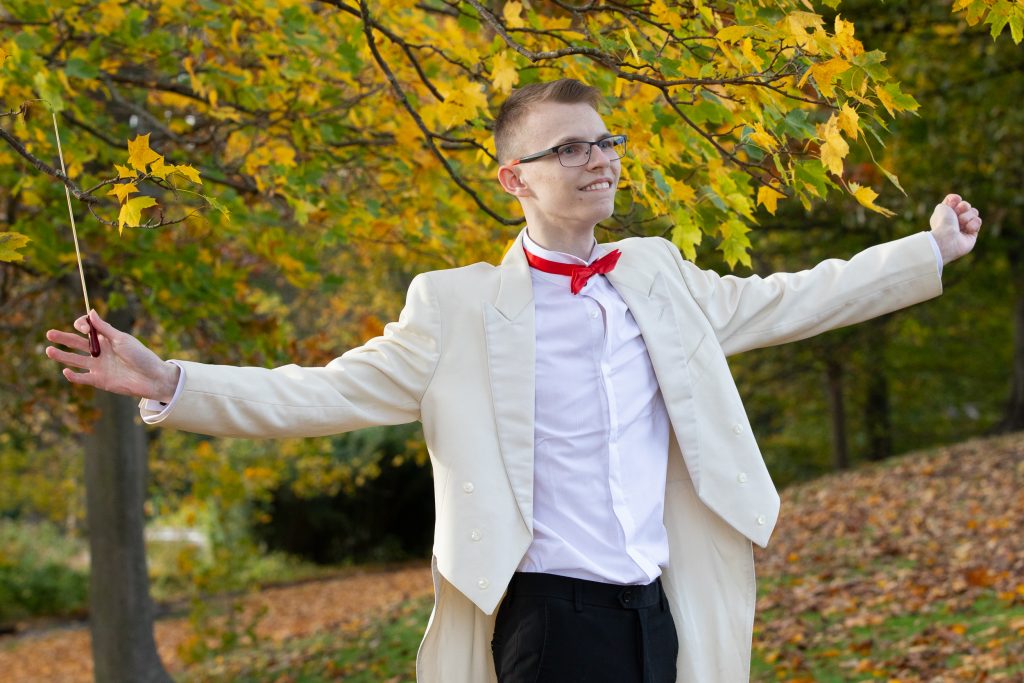
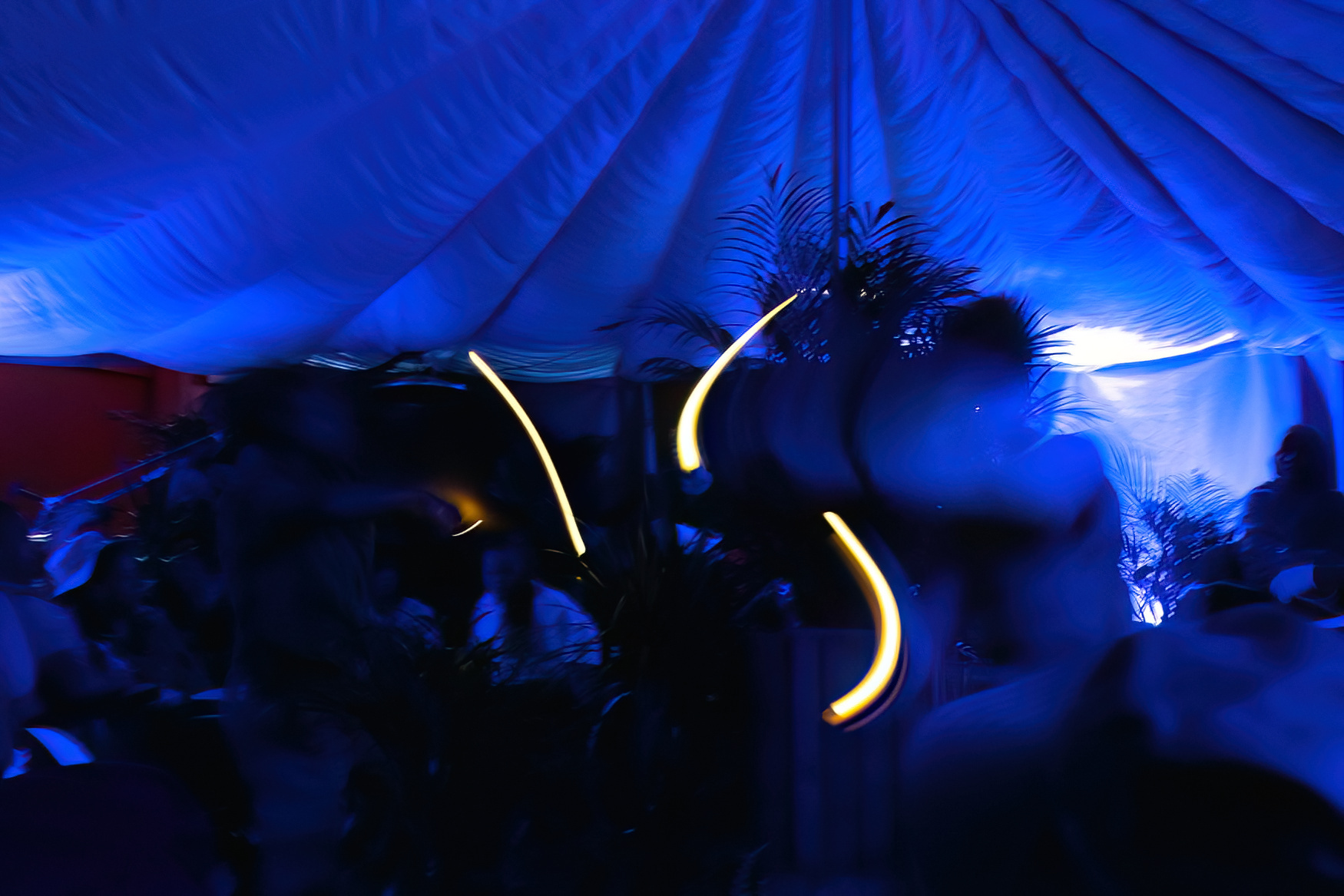
Current projects during Shania’s time with Oily Cart. 1. Our Associate Artist (2023-25), Greta Chambers-McMillan. 2. Sound Symphony: Sensory Film 3. When the World Turns
What would you like to see happen in the future of arts fundraising?
In the future, I would like to see more organisations look to perhaps reimagine the role of being a ‘Supporter’ as being an ‘Activist’, to offer a more ethical, powerful approach to fundraising, i.e. Ambassador led patron and membership schemes or setting up a community-led fundraising board in every organisation to support with all funding streams.
Growing up as an unpaid carer for my brother, shared activism is really important in everything I do. Activism is a form of collective action, and I believe that this is the key to the future of fundraising where equality is infinite – in the arts, cultural, and heritage sector and beyond.
Let’s Donate Together; Be Together
Oily Cart, alongside a growing community of disabled young people, families, artists and allies, are a force to be reckoned with. To join us in our mission to fight for inclusive and equal access to theatre, please support us and become part of a loyal network of supporters.
*Key terms:
Philanthropy: the giving away of money, especially in large amounts, to organisations that help people (Cambridge dictionary). Greek playwright Aeschylus coined the term philanthropy in the 5th Century BCE, ‘philan’ means “the love of humanity”.
Connect with Shania on LinkedIn.
Check out the Young Arts Fundraisers website to see the latest events, and opportunities to get practical tips on all things fundraising. You can follow them on LinkedIn or Instagram.
